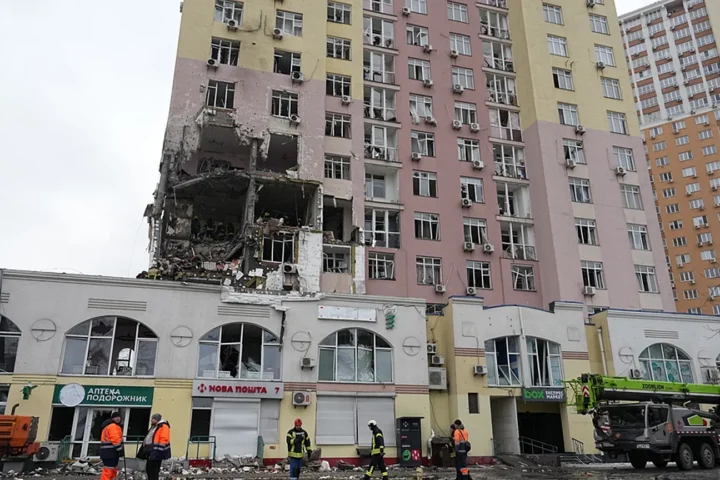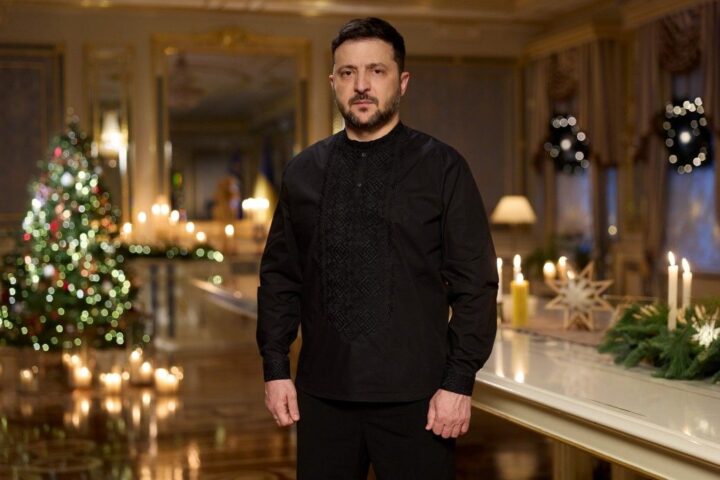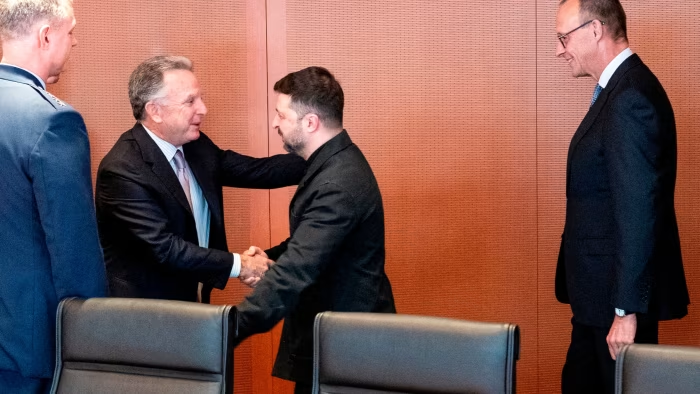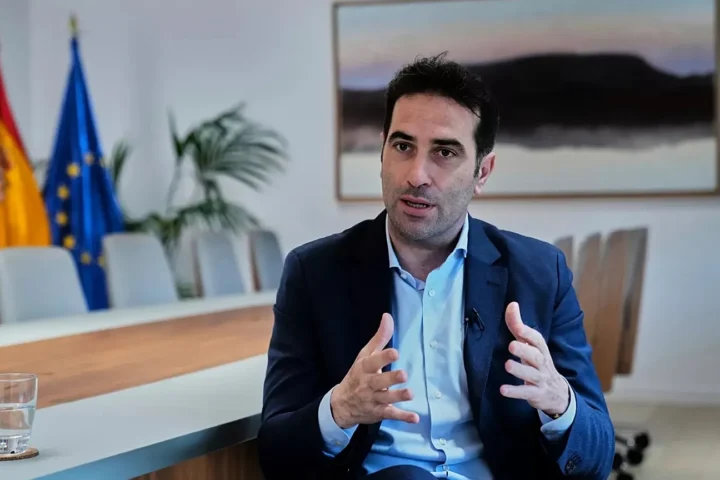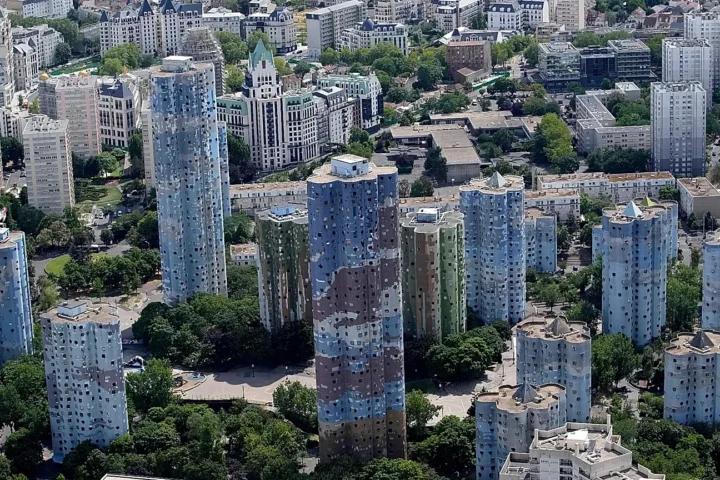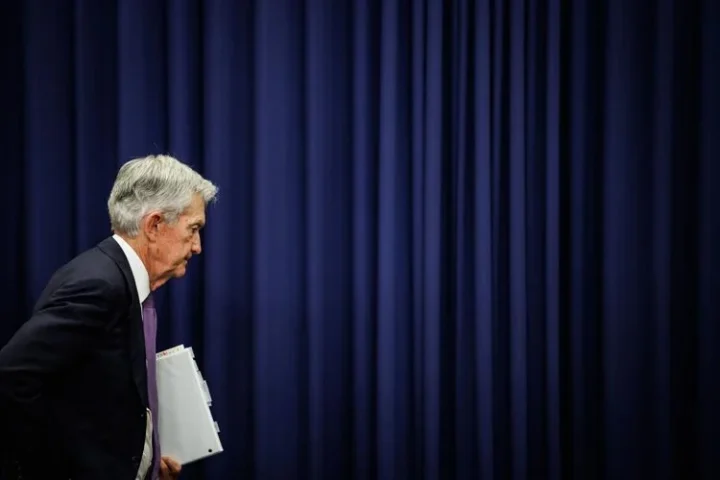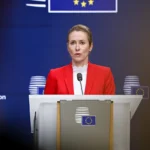The European Union has summoned Russia’s envoy to Brussels following a missile strike in Kyiv that damaged part of an EU diplomatic delegation. The move marks one of the bloc’s strongest recent rebukes of Moscow as the war in Ukraine grinds deeper into its third year.
Strike in Kyiv Sparks Diplomatic Crisis
According to Ukrainian officials, a Russian missile barrage struck central Kyiv earlier this week, causing widespread damage to civilian infrastructure. Among the buildings affected was a facility linked to the European Union’s diplomatic mission. While no EU staff were reported injured, the strike left parts of the delegation offices temporarily inoperable and heightened concerns about the security of foreign missions in the Ukrainian capital.
Josep Borrell, the EU’s High Representative for Foreign Affairs, condemned the attack as “a blatant violation of international law and a direct threat to European diplomatic presence in Ukraine.” He confirmed that Russia’s ambassador to the EU had been summoned to explain the incident, calling it an “unacceptable escalation against not only Ukraine but also the European Union itself.”
Russia Denies Targeting EU Presence
The Russian Defense Ministry has denied deliberately targeting the EU delegation, claiming its strikes were directed at military and logistical infrastructure. Moscow’s spokesperson insisted that civilian or diplomatic sites were “never the intended objective,” suggesting that any damage to foreign missions was the result of Ukraine’s air defense interceptions.
However, EU officials rejected the explanation, pointing to the strike’s proximity to key civilian zones and diplomatic facilities. “Russia’s consistent pattern of reckless attacks cannot be justified under any circumstances,” said an EU diplomat briefed on the situation.
European Response
The summoning of the Russian envoy comes as European leaders debate additional sanctions packages against Moscow. Some officials within the European Parliament are pressing for stricter restrictions on Russian energy revenues, as well as enhanced military aid to Ukraine.
Germany, France, and Poland are reportedly pushing for coordinated action to ensure the safety of all international missions operating in Kyiv. “If Russia believes it can intimidate Europe into reducing its presence in Ukraine, it is gravely mistaken,” said Annalena Baerbock, Germany’s foreign minister.
Risks for Diplomats on the Ground
Since the start of the war in February 2022, Kyiv has hosted dozens of foreign delegations, including the EU, NATO, and multiple embassies that reopened after the Russian retreat from the capital. The strike underscores the precarious security environment in which diplomats are operating, despite Ukraine’s strengthened air defense system supplied by Western allies.
Security analysts warn that Moscow could be testing Europe’s resolve by striking close to foreign missions. “Russia wants to send a message that no one is safe in Ukraine—not even European diplomats,” said a Brussels-based security expert. “But such tactics could backfire, pushing the EU to deepen its involvement.”
Ukraine’s Appeal for Stronger Support
Ukrainian President Volodymyr Zelensky condemned the strike as further proof of Russia’s disregard for international norms and again urged the EU to expedite arms deliveries. “When Russian missiles strike the very institutions that represent Europe’s support, it is not just Ukraine under attack—it is all of Europe,” Zelensky said in a video address.
Kyiv has specifically called for more air defense systems, including additional Patriot batteries and long-range missiles, to prevent future strikes on civilian and diplomatic infrastructure.
Outlook
The latest escalation is expected to harden Europe’s stance toward Moscow. EU diplomats are already drafting new measures aimed at curbing Russia’s defense production and tightening financial controls on its elite.
While the Kremlin insists the strike was mischaracterized, the damage to the EU delegation in Kyiv has added a new diplomatic flashpoint to the war—one that may accelerate Europe’s military and political alignment with Ukraine.


